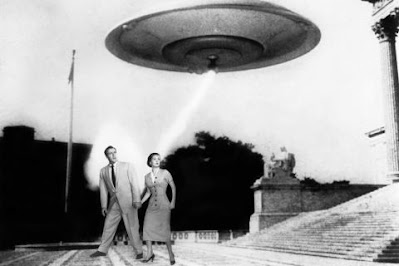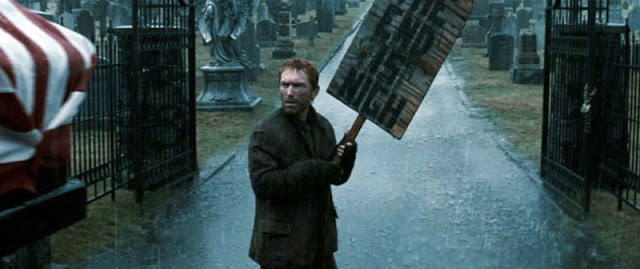 |
| A fortunate 1946 to all! |
My Lord:
The seasons have come around again, at least insofar as they do in Santa Clara. (It is not hot, so it must be winter!) Now it is orange harvest. As I sit in the study, overlooking the guest house and the back, Michael yells hoarse orders in Spanish, the smell of boiling marmalade is everywhere, and the sound of hammers on packing crates makes it very hard to read dry, boring technical journals. Fortunately, as I have learned from the Luce press, when you are not in a mood to produce serious copy, you can write a rambly introduction full of purple prose and references to the turning seasons. (If you are wondering, and care, your allotment of marmalade is coming by sea, via Montreal, in March.)
With orange boxes rattling away to Chinese groceries on bare-tired Model Ts. one's mind turns to preparations for Lunar New Year, and the sad moment when we must say goodbye to my step-mother. Father has been called away to Ottawa to explain once again that nothing the Russians can detect from their embassy there will tell them anything about what is going on at Chalk River. Everyone is archly mysterious about it all, but I gather that a secretary from the embassy has sought protection from the Canadians, and has passed on some information to the effect of nefarious Red spies ferreting out secrets entrusted to Canada by London and Washington. We are informed that a parallel case is progressing in Washington, and there is a fever in Virginia to have the sense wrung out of the Russian ciphers.
We will be celebrating with Uncle Henry this year. Aunt Beth's condition is progressing rapidly, and her doctors will not be able to keep her comfortable for much longer. She had a heart attack in October, which, I am told, is a common symptom if her condition, as is her increasing confusion. So her son is bringing his wife, and his little daughter. This means that we will celebrate it as a "Late Robbie Burns Day," in tribute to
Great-Grandfather's little joke. What Mrs. Edgar will make of it all, I can scarcely guess. She is aware that she is not to talk about Aunt Beth's side of the family, but, hopefully, supposes it to be about the touch of the sagebrush and, behind it, the hint of assorted land scandals. A family bound in secrets is a family united. One hopes.
Speaking of old secrets, I have now made my rather sticky visit to the "Junior College." Donald was down-at-mouth at the idea of owing us a favour, but our condition was met, and "Miss V.C." will be permitted unrestricted access to the library and university archives, ostensibly to get a headstart on her senior thesis. Donald tells me that much of the money will be used as an investment, to support a "West Coast research institute," which will in turn support the university with its profits. I tried to talk him out of the idea --he frankly sounds like a confidence artist's dupe on the subject-- and the conversation ended in some heat.
 |
| Forties tie! |
Still, we have what we came for. Hopefully it will not all be rendered moot when we are allowed to buy the entire archives as scrap paper in the liquidation sale! As to what, exactly, "Miss V.C." is to find, that is another matter. Whatever dark secrets might have been suppressed, as between Bancroft's agents and Great-Grandfather's, they are hardly actionable today! But Grace is convinced that there would not have been so much effort spent on keeping them secret if they did not still matter.
I did not task Donald with keeping the arrangement secret from the Engineer, as I did not expect him to honour the agreement even before harsh words were uttered on the chances of the university making good on something Lockheed has already given up on. Consequently, while I expect difficult moments with him when I see him next, at least he will not be under the impression that I was trying to keep secrets from him. (Just trying to implicate him in the Oregon Land Scanndal. That is so much better!)
Ah, well. The Engineer is hardly happy anyway unless he is in a state of priggish outrage. At least with respect to his bastard, how far the apple falls from the tree! What I fear is that he will throw over punctiliousness and secure the assistance of Koumintang assassins. I hope we have protected ourselves enough that I do not have to worry about a White Russian psychopath dismembering "Miss V.C." in the bath. The poor girl has been down-at-mouth enough since my brother left (could it be?), and I do not want to be the one telling her that Wong Lee must accompany her to campus. Not to mention that Wong Lee has quite enough to do keeping up his business and his family life, especially with a granddaughter under foot, and now another child on the way.
Pardon me, I do not wish to be indiscreet, but I thought, after dire talk of torso murders, that it would be better to end on a positive note, of new beginnings and good fortune at the turn of the Year of the Dog. I wish you and yours, therefore, luck and prosperity in the year to come.
Your Most Humble and Obedient Servant,
James.



























